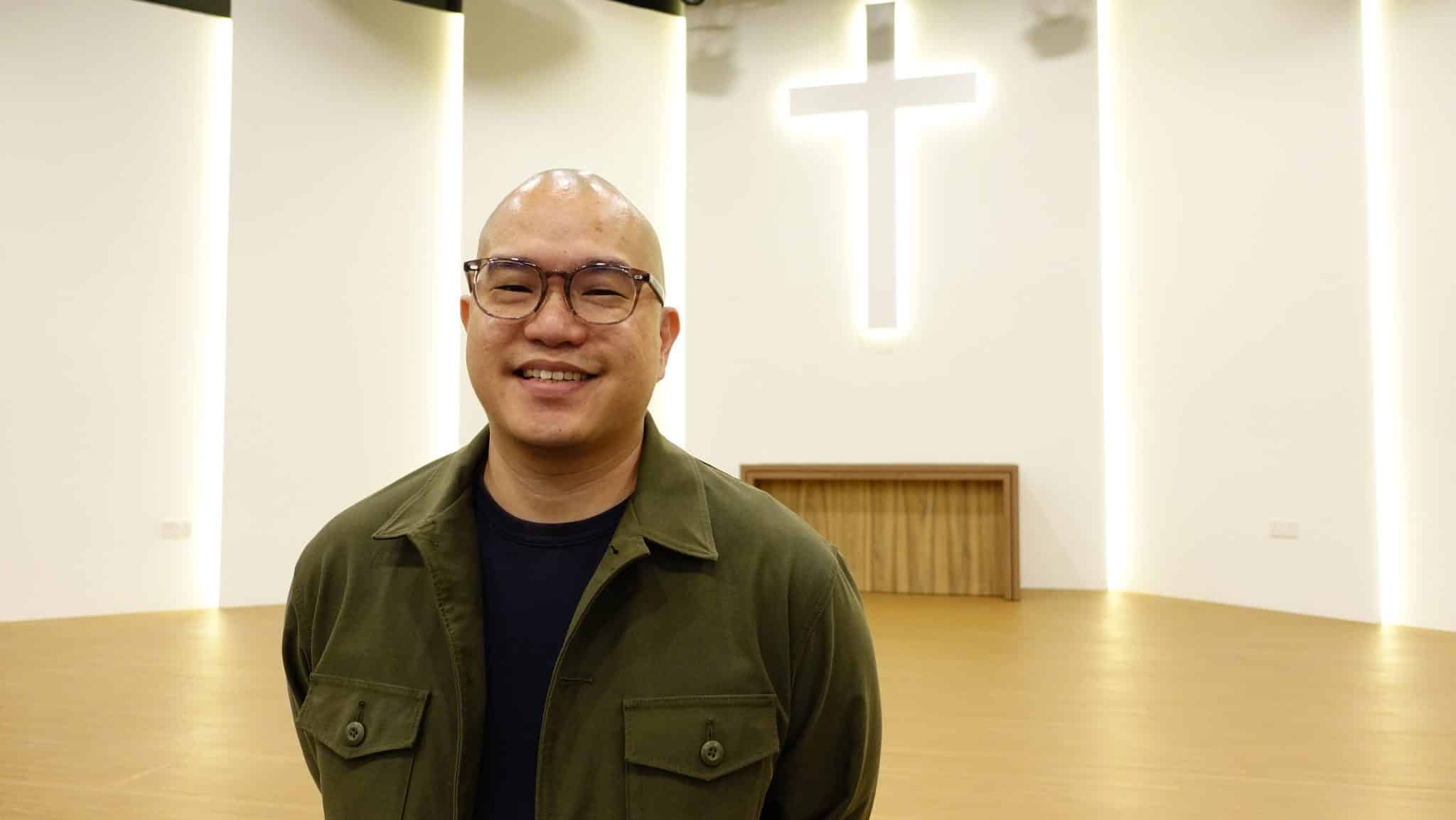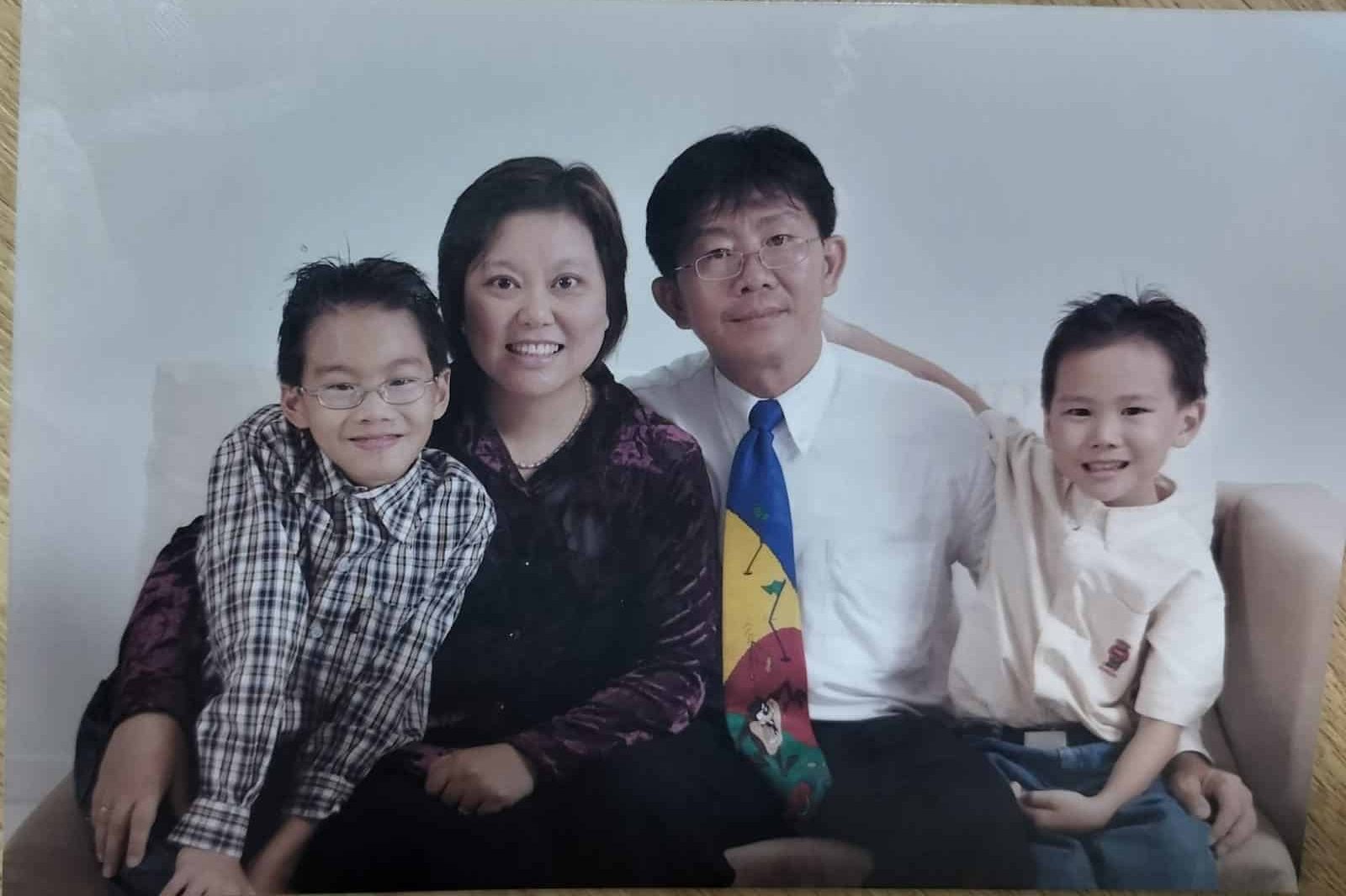A psychiatrist, counsellor, teacher and pastor share their views on mental health challenges in Singapore
Emilyn Tan // July 30, 2021, 1:55 pm

The Counsellor notes that there is actually no safe place for youths to unload emotionally. Photo by chuttersnap on Unsplash.
If, as studies have shown, one in seven Singaporeans has experienced a mental disorder in their lifetime, then it stands to reason that we all know – or are – someone for whom mental wellness is a struggle.
This reality was brought to the fore last week, when the murder of a 13-year-old (July 19) in River Valley High School (RVHS) unnerved our entire nation. The alleged perpetrator, a 16-year-old from the same school, was reported to have attempted suicide two years before.
A whopping 95% of those who succeed in committing suicide have a mental illness – depression being the most prevalent.
It’s been found that a whopping 95% of those who succeed in committing suicide have a mental illness – depression being the most prevalent in Singapore. According to the latest statistics compiled by Samaritans of Singapore, there were 452 suicides in 2020 – a 13% year-on-year increase. Of those, 30 were between 10 and 19 years old – the highest ever recorded in that age range.
Writing in a Facebook post about the RVHS murder, President Halimah Yacob said: “It takes a tragedy like this to start us thinking deeply again about the mental health of our young. Most of our children can cope, are resilient and will grow up well. But not all children are the same. Some do need more help and not just from the school but from everyone.”
In a recent closed-door webinar organised by a local church for its members, the overarching message was: Tread carefully, but reach out.
This is what the panellists – a counsellor, a teacher, a psychiatrist, and a pastor (names withheld because they were speaking in their personal capacity) – said:
The Counsellor says: Engage
WHAT I HEAR FROM YOUTHS: “Oh my parents don’t listen.” Or: “I don’t want to talk to my parents. They’ll just give me the ‘mother’ statement.”
WHAT THEY’RE REALLY SAYING: Adolescence is a phase during which our youths are searching for identity; they are struggling with self-worth. There is actually no safe place for emotional unload.
The majority would not walk in to the school’s counselling room. They’re thinking: “What’s wrong with me? I can’t even handle my own problems – I must go and see somebody?”
You the parent are the one they long to speak to. But there’s a trust issue: Do they trust you? Are you trustworthy?
Parents live such busy lives. We will give our children a quick fix so that we can move on. Empathic listening, asking the emotive questions – that takes a lot of time and effort.
DO give them a chance to sort out their thoughts. We just have to be present. They just want your attention. It’s not time to impact the next generation. They actually know what to do.
DON’T be presumptuous: They don’t want to hear what we’ve been through. Our experiences cannot be measured against theirs.

The Teacher says: “The emotional strain (on our youths) is tremendous.” Photo by Verne Ho on Unsplash.
The Teacher says: Encourage
WHAT I HEAR FROM YOUTHS: Many complain about conflict at home, over time spent gaming and on social media.
WHAT THEY’RE REALLY SAYING: Our youths are very, very, very busy. This emphasis on grades aside, they’re busy with school, CCA, becoming a leader. Busy with homework, project work, online learning. Tuition and ballet, piano … Their busyness comes from all fronts of life.
The emotional strain is tremendous. There’s pressure from parents. There’s the vast amount of school work. There’s the self-consciousness when they make comparisons with their peers. There is also the issue of friendship and romantic relationships.
So, why do they game? It’s a quick fix to relax – fast and fuss-free. They don’t have to work hard for that kind of entertainment. Why do they spend so much time on social media? Because it gives them a platform for them to be recognised for things other than the academic. They can be anonymous as a skilled gamer, for a dance video – things like that. It’s safe space while being recognised.
DO suspend all judgment. Youths are more or less unaware how to manage, process and deescalate their emotions – how to convert their negative thoughts into positive ones. Instead, top up their spiritual need. As the parent, you know the child the best.
DON’T shut down their opinions. Youths are greatly misunderstood. They are very, very intelligent – a sensitive and globally aware generation, more current on hot button topics, outspoken about issues that, as a church, we find to be difficult issues.
Remember that they are children growing up in a very messy world where there’s so much instability – even on a political scale, countries going to war … When we remember all the challenges they go through, it’s a bit easier to have more compassion on them in the way we interact with them.
The Psychiatrist says: Empathise
Keep up the connection. Find out their feelings and validate them. As you listen, pay attention – especially to what the barriers are to them seeking help. There’s a lot of apprehension, stigma, misconception.
Give them some space. Pray for them.
But you will have to intervene very robustly if they are not eating, not drinking, and displaying other real symptoms of depression or suicidal tendencies. That is an emergency.
If not, give them some space. Pray for them. Having a faith is protective. When can you bring up God and point them back to God? Timing is everything – when they trust you enough to hear you out.
DO ask questions: What happened? When did it happen? How did it happen? How did you feel, what did you think? Say: “It must have been difficult for you.”
DON’T say: “Cheer up.” “Try harder.” “Don’t worry, be happy!” “Have more faith.”
DEFINITELY:
- Arrange for a psychiatric appointment. Counter the apprehensions by offering to accompany the patient.
- Follow through. Be available. Be accepting – do not heap guilt. Do not rush to give advice, but instead give a listening ear. Encourage adherence to treatment.

The Psychiatrist says: “You will have to intervene very robustly if they are not eating, not drinking – that is an emergency.” Photo by Goh Rhy Yan on Unsplash.
The Pastor says: Empower
Mental health issues are here to stay, so parents need to be re-equipped to help our children navigate through mental health issues.
- Be equipped. Beware the danger of assumption – the “I know already” mentality.
- Be an example. We need to learn how to take care of ourselves holistically. You can teach what you know. But you reproduce who you are. We need to be practitioners of what we teach.
- Be evangelistic. God is needed. Bring His healing through the gospel and in community.
The heartbreaking truth about the emotional state of our youths – and how we can pray for them
Religion plays a key role in wider mental health blueprint: IMH CEO
We are an independent, non-profit organisation that relies on the generosity of our readers, such as yourself, to continue serving the kingdom. Every dollar donated goes directly back into our editorial coverage.
Would you consider partnering with us in our kingdom work by supporting us financially, either as a one-off donation, or a recurring pledge?
Support Salt&Light




